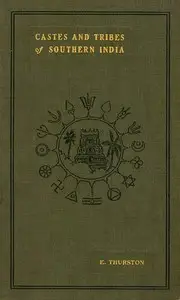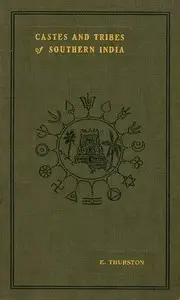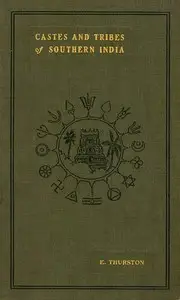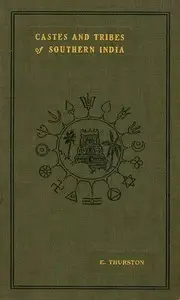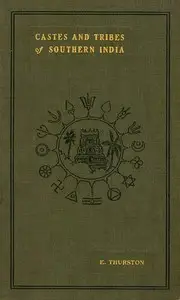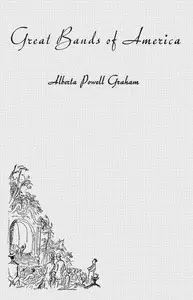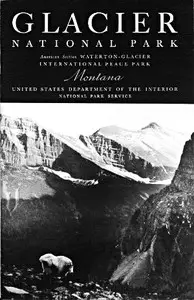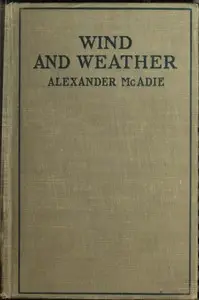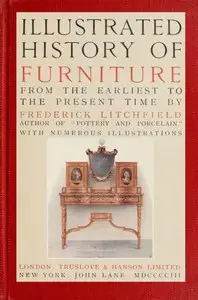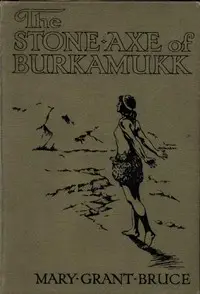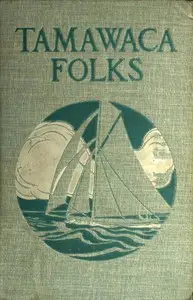"Castes and Tribes of Southern India. Vol. 3 of 7" by Edgar Thurston is a scientific publication written in the early 20th century. The book provides an extensive ethnographic survey of various castes and tribes in Southern India, delving into their customs, occupations, social structures, and religious practices. This volume specifically focuses on the Kabberas and Kadirs, detailing their way of life, social hierarchy, and unique traditions, providing a rich tapestry of cultural insights. The opening of the work introduces the Kabberas, a caste of Canarese fishermen and cultivators, describing their divisions and social practices, such as marriage customs and religious rites. It goes on to reveal vibrant details about their lifestyles, including the use of coracles for fishing and the various occupational sub-divisions that exist among them. Following this, a detailed account of the Kadirs is provided, illustrating their nomadic habits, forest-based livelihoods, and intriguing cultural traditions, including distinctive methods of climbing and honey gathering, alongside their unique culinary preferences and burial practices. The beginning serves as a comprehensive introduction to the considerable diversity and complexity of castes and tribes in Southern India, offering a wealth of information for the reader interested in anthropology or Indian culture. (This is an automatically generated summary.)
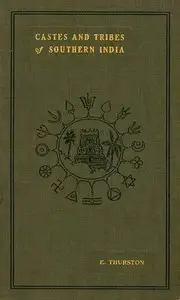
Castes and Tribes of Southern India. Vol. 3 of 7
By Edgar Thurston
"Castes and Tribes of Southern India. Vol. 3 of 7" by Edgar Thurston is a scientific publication written in the early 20th century. The book provides ...
Edgar Thurston was the British Superintendent at the Madras Government Museum from 1885 to 1908 who contributed to research studies in the fields of zoology, ethnology and botany of India, and later also published his works at the museum. Thurston was educated in medicine and lectured in anatomy at the Madras Medical College while simultaneously holding a senior position at the museum. His early works were on numismatics and geology, and these were later followed by researches in anthropology and ethnography. He succeeded Frederick S. Mullaly as the Superintendent of Ethnography for the Madras Presidency.

